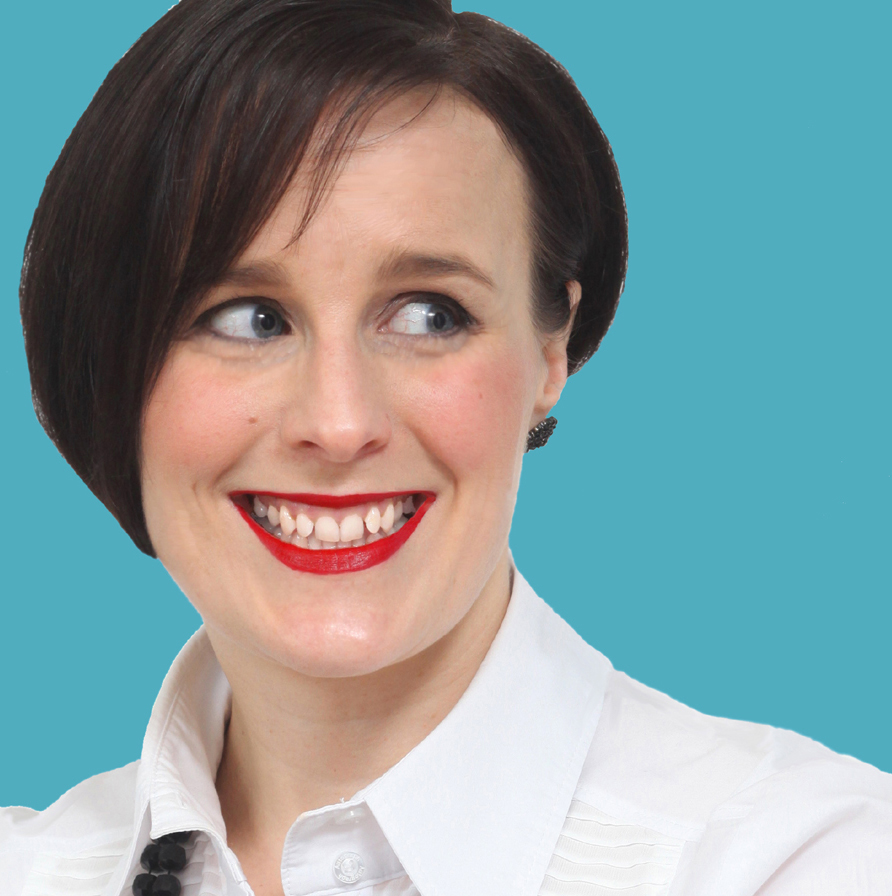So you’re considering turning coaching into a business? Perhaps you’ve already taken that step. In this weeks guest post. Nicky Kriel shares tips of how to run a successful coaching business.
5 Ways to Make your Coaching Business Successful
by Nicky Kriel
You are a coach. You have found something that you absolutely love doing, haven’t you? Don’t you love those light bulb moments when you see your client’s face light up? You love helping people to get to where they want to be. You love the feeling of making a difference in someone’s life. You have a real passion for what you do and you feel that you have found your calling in life.
So everything is rainbows and kittens, isn’t it?
The reality is a little bit different isn’t it? You have spent a substantial amount of money and time on your training, you have had very positive feedback from people you have coached; people should be lining up for you, shouldn’t they? So where are they?
There are a few coaches who become very successful and make a good living from coaching, but there are substantially more who find themselves taking a job to make ends meet. There is plenty of advice out there for coaches to deal with their clients. There is advice on how to get rapport easily, what questions to ask and techniques to use. There is very little advice about setting up your coaching practice as profitable business. The best advice for work is find something you love doing and then get someone to pay you to do it, but if you are not earning a living from what you love doing; it is a hobby, not a business!
1. Resolve any issues you have about money
So many coaches I know have an issue about charging money for something that they love doing. They undervalue their service or feel guilty about accepting payment. As a coach, you probably know quite a lot of coaches. Who would be a good person to help you clear out issues you have about money? How can you stop limiting yourself? What are your issues you have with money? Are you self-sabotaging? It is easier asking someone to help you with an issue than trying to resolve it all by yourself. Just because you can coach someone through their money issues doesn’t mean that you can do it on yourself.
2. Start thinking about coaching as a business
If you are working for yourself, you need to learn how to be a good marketer, sales person, public relations person, bookkeeper, accountant, administrator and IT specialist. What skills do you already have in these areas? Who can help you develop these skills?
I found the best way for me to become more business orientated was to network with business people. I have learnt so much by the questions people asked me, especially the ones that completely stumped me. You don’t have to know everything to get started, but you must be willing to keep learning and keep improving as you go along. When you network, you will find plenty of people who will give you free advice and help.
Read books about business. One book that I would recommend is Dee Blick’s “Powerful Marketing on a Shoestring Budget “ which has good practical advice for small business. There are many good books available. What skills do you still need learn? Are there people who could help you in these areas?
3. Think of your business as an object
If you are your business, it is sometimes hard to think of your business objectively. I had an “Aha!” moment, when a business adviser asked me how I was marketing my business. I was getting quite defensive about it. Knowing that I came from a marketing background, he asked if I had a tin of baked beans, how would you market it? I knew instantly! I realised that I had to start thinking of myself as a tin of baked beans! Not literally, of course! I had to think of myself as a product or an object.
What is your brand? Can an outside person tell what you are offering or is it all in your head? Find someone neutral (not family or close friends) who can give you an objective viewpoint on how you are coming across at the moment. Are you coming across the way you think you are?
4. Resource yourself
As a coach, we are used to asking our clients what resources they need to help them get to where they want to be. So, what resources do you need to make your coaching business successful? Here are some of the ways that I think you might need to support yourself.
Mentors – People who are already where you want to be and are willing to guide you along the way, they could be fellow coaches or successful business people. They are the people who have been there, done that and got the bruises along the way.
Coaches – All coaches need coaches. Nobody is perfect, if you believe in coaching you should be developing yourself through coaching as well. Who is helping you to get to where you want to be?
Cheerleaders – You need people who are on your side, who are cheering you on and keeping you motivated, especially at times when you feel disappointed or frustrated.
People who can help you in your business – Do you need to do everything yourself? Are there people who can save you time by doing tasks that you don’t know how to do or don’t like doing? The most precious commodity you have as a business person is your time. Could you be spending more time doing tasks that generate money, by paying people to help you?
5. Think from your client/customers viewpoint
What ratio of “you” to “I” words are you using when you talk to someone? If you have a website or a blog, what is the number of “I”, “me”, “my”, “our” and “us” vs. “you” and “your” that you are using? It is a quick indicator of whether you are focussed on things from your viewpoint or your customer’s viewpoint. When you meet someone find out what their needs and wants are before selling yourself. Offering your toolbox of skills is meaningless to a potential client, they are interested in how their needs can be met.
If you really want to be a coach, you need to make coaching work for you as a business. So what are the changes that will make a difference?
About the Author/Further Resources
Nicky Kriel came from a Marketing and Sales background before she retrained as a Master NLP Practitioner. As a Communication Coach, her passion is empowering people to reach their true potential. Aside from her private coaching clients, she runs personal development and social media courses for business owners. www.nickykriel.com
To read a second guest post by Nicky Kriel, “The perks and pitfalls of social media for coaches” click here.

 If you’re ready to stand out and become more visible, or want support to discover what you want to get known for, contact Karen for a free discovery call. You can also join her at the Star Biz conference on 11/12 July and on her Writing Retreat in Spain from 25-30 September 2014.
If you’re ready to stand out and become more visible, or want support to discover what you want to get known for, contact Karen for a free discovery call. You can also join her at the Star Biz conference on 11/12 July and on her Writing Retreat in Spain from 25-30 September 2014. With a career including 15 years in the strategic PR and communications, Jennifer knows a thing or two about promoting a personal brand – she did it every time she picked up the phone to a journalist. The result? She stood out from the ‘press office crowd’ and got her stories on the front page as well as national TV.
With a career including 15 years in the strategic PR and communications, Jennifer knows a thing or two about promoting a personal brand – she did it every time she picked up the phone to a journalist. The result? She stood out from the ‘press office crowd’ and got her stories on the front page as well as national TV.